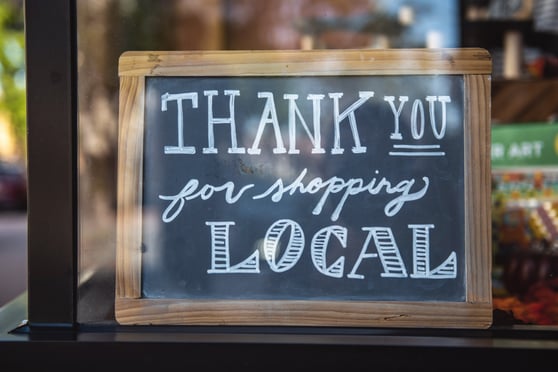Opinion: Now is a really important time for accountants to be working closely with their clients. I know this because I ran a small business through the GFC. Although the situation then and now aren’t comparable—COVID-19 has affected the way we live and work in ways that are unprecedented—there are still lessons learned from the previous crisis we can put into play now.
I was a small business owner when the recession hit. In early 2008, I purchased an industrial cafe with a business partner, and we ran it five days a week. Initially it wasn’t making much revenue, so we put a lot of time, effort, and money into building it up. We refurbished the premises, hired a good chef, worked on producing good food, and were just getting some good buzz around our efforts when the recession hit. All the big factories around us began closing down, and our stream of customers began drying up. It was a huge shock, but having already invested so much in our business, we knew we had to pull through.

My business partner and I split our efforts, and focused on our areas of expertise. While I ran the cafe, he spent his time share trading. We’d pool our money, and meet up at the end of each week, to recoup and refocus our strategy. Eventually, he had to stop share trading because he was no longer allowed to short-sell stocks. He joined me in running the cafe. The business was now feeding two families.
Luckily for us, my business partner was a CPA. He’s been around in business for a very long time, and was my business advisor, accountant, and sounding board all rolled into one. Because of him, we always had the data on hand. We ran forecasts, figured out how much money we had in the bank, factored in our sales, anticipated a drop. From there, we worked on making as much profit as we could under the circumstances. We cut down our food production, and focused our efforts on the menu items that generated the most revenue. Customers don’t come if your shelves aren’t bursting with food, so we shut down half a food cabinet display, moved the coffee machine along the counter, and rearranged the café so it looked full and vibrant.
"We ran forecasts, figured out how much money we had in the bank, factored in our sales, anticipated a drop. From there, we worked on making as much profit as we could under the circumstances."
Next, we went out looking for extra revenue. We took some sample catering platters to local businesses, and ended up bagging a contract with a transport company. We were determined to make the best of the situation, because a lot of people relied on our business—as well as feeding our families, our staff depended on their paychecks.
With all the changes that we made, our business survived. After the initial slump, we even started to see an upward trend in revenue due to the catering initiative. After a while, things were back to normal. But we wouldn’t have made it through without having all the pieces of our financial puzzle, to help us in our decision-making.

This is what we can put into practice now, for small businesses across the globe: they need expert advice to help them navigate these stormy waters. Most businesses don’t have a board, or even a CPA business partner to give them expert advice, so they’re going to rely on accountants to cut through all the noise and focus in on the numbers that matter. Now’s the time to step up, to get them through this difficult period, whether it’s through financing, working on strategies, minimising costs, targeting specific areas of P&L and balance sheets such as sales, COGS, labour, overheads—whatever’s needed. There will be set backs, mistakes, bad outcomes, but these are all elements of success if you can learn from previous experience and keep going. We can and will get through this period, but businesses are going to need a lot of help.
In dark times, you really appreciate the people who support you, and many relationships will be built off the back of this crisis. Even though the situation looks bleak, there are so many good things that can come out of adversity, and I’m grateful to the people who saw me through to the light at the end.
For more information about deploying advisory services during a financial crisis, check out our blog post Advising Clients in Troubled Times